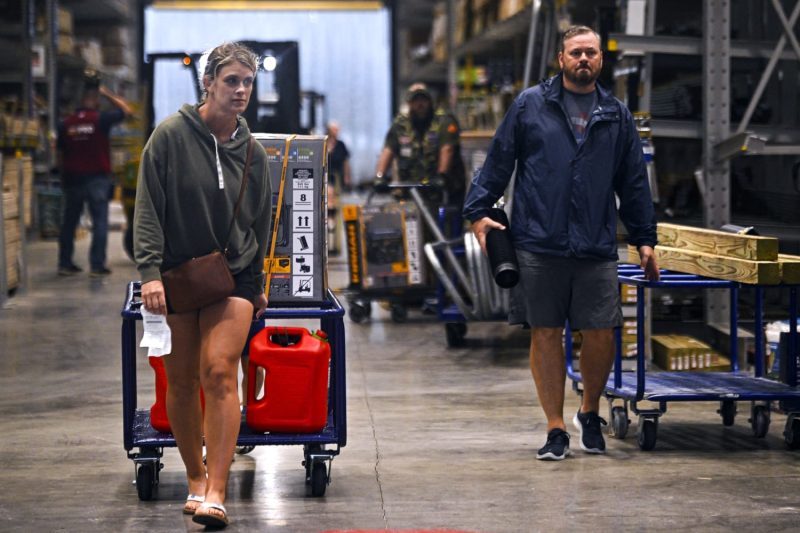
Beware: DOJ and FTC Issue Alert on Fraud and Price Gouging Dangers During Hurricane Milton
The U.S. Department of Justice (DOJ) and the Federal Trade Commission (FTC) have issued a joint warning to consumers about the heightened risks of fraud and price gouging in the wake of Hurricane Milton. As natural disasters often bring out both the best and the worst in people, it is crucial for individuals to remain vigilant and informed to protect themselves from potentially predatory practices.
One of the main concerns highlighted by the DOJ and FTC is the potential for fraudulent schemes targeting disaster victims. Scammers may use the chaos and urgency surrounding a natural disaster to deceive individuals into sharing personal information, donating to fake charities, or paying for unnecessary services or products. In the aftermath of Hurricane Milton, consumers are advised to be cautious of unsolicited communication, especially from unfamiliar sources, and to verify the legitimacy of any requests for assistance or information.
Moreover, price gouging is another serious issue that often arises in the aftermath of a disaster. Price gouging refers to the practice of charging exorbitant prices for essential goods and services during times of crisis when demand is high and supplies are limited. The DOJ and FTC warn consumers to be wary of any significant price increases for necessities such as food, water, fuel, and shelter, as these could be indicative of unethical business practices.
In order to protect themselves from potential fraud and price gouging, consumers are encouraged to take several proactive measures. First and foremost, individuals should stay informed about common scams and tactics used by fraudsters during natural disasters. By being aware of these risks, consumers can better identify suspicious behavior and protect themselves from falling victim to fraud.
Furthermore, consumers are advised to research and verify the credentials of any organization or individual offering assistance or services in the aftermath of Hurricane Milton. Legitimate relief organizations and service providers will typically have clear and transparent information available, including contact details, accreditation, and a track record of genuine support for disaster victims.
Additionally, consumers should exercise caution when making purchases or entering into contracts for goods or services following a natural disaster. It is advisable to compare prices from multiple sources, read reviews and testimonials from other customers, and be wary of any deals that seem too good to be true.
In conclusion, the joint warning issued by the DOJ and FTC serves as a timely reminder for consumers to remain vigilant and informed in the face of potential fraud and price gouging risks following Hurricane Milton. By staying alert, researching thoroughly, and exercising caution, individuals can help protect themselves from falling prey to deceptive practices and unethical business behaviors in the aftermath of a disaster.
